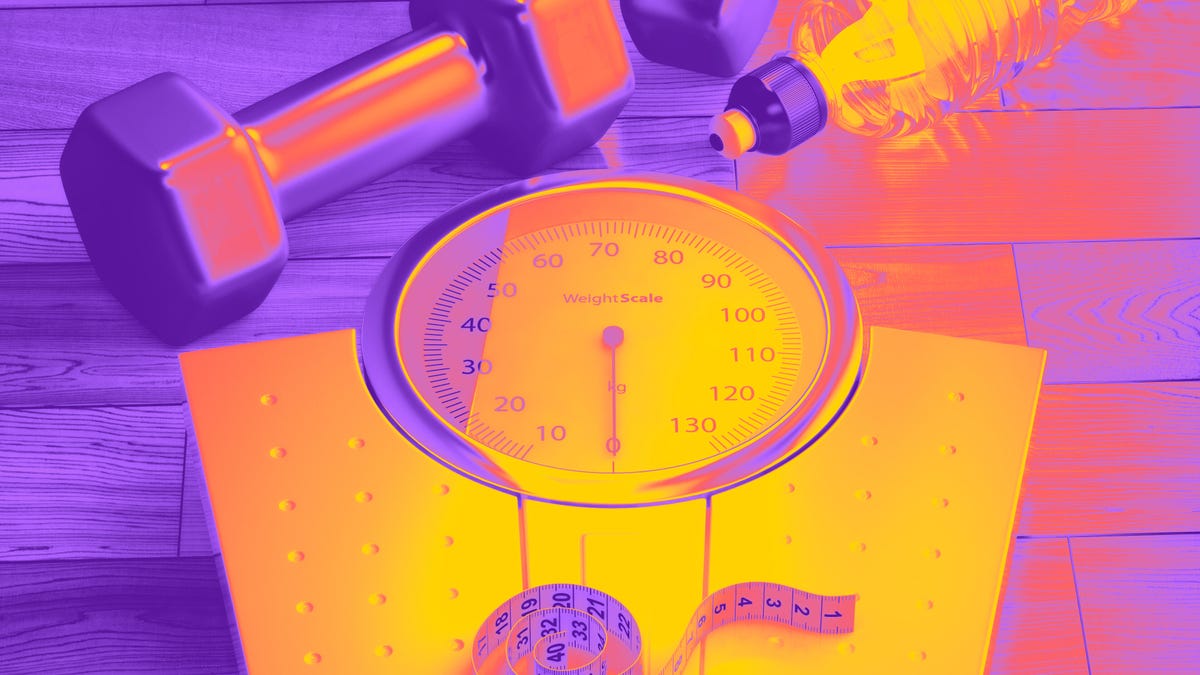For many people, weighing themselves is an essential part of monitoring their fitness progress when trying to shed a few pounds. If that’s you, you know that accurate measurements are crucial. While the number isn’t an “ultimate” measure of your health, it’s still helpful data.
If you have a healthy relationship with weighing yourself, the number can be a helpful tool that gives you valuable insight into your progress toward your overall health goal. Or maybe you’d rather focus on rebuilding your body rather than the number on the scale. With that in mind, there are a few key things you need to know about how and when to weigh yourself to get consistent results every time. Here’s how to master weighing yourself properly.
When is the best time to weigh yourself?
You’ll get the most accurate results if you weigh yourself first thing in the morning. Do this after you’ve been to the bathroom and before you eat breakfast or drink anything. Experts say the morning is the best time because it allows your body to properly digest everything you’ve eaten and drunk the day before, so your stomach is relatively empty.
Read more: Strengthen your health and your wallet: The power of intermittent fasting
When is the worst time to weigh yourself?
There is no “worst” time to weigh yourself, but you should avoid weighing yourself after activities that could cause your weight to increase. This could include eating a large meal or drinking a large amount of liquid, which could cause you to temporarily “weigh more.” You may also want to avoid weighing yourself after exercise, as you will weigh less due to the water you lose through sweating.

If you have your period, you should avoid weighing yourself in the days before your period. This is because your hormones can cause weight fluctuations that affect the number on the scale. You should also note that it is normal for your weight to fluctuate throughout the day and from day to day. If you are concerned about sudden weight changes, consult your doctor as soon as possible.
More tips for achieving accurate measurements
In addition to weighing yourself at the ideal time of day, there are other ways to ensure your scale is giving you accurate readings on a regular basis. This is especially important if you want to track your weight loss or gain.
- Weigh yourself once a week at the same time of day.
- Store and use your scale on a stable, flat surface.
- Stand barefoot on your scale and distribute your weight evenly on both feet.
- Wear little to no clothing when weighing. Whatever you decide, keep it the same each time you weigh for greater accuracy.
When to break up with your scale
As with any unhealthy relationship, you can stop weighing yourself if you think it’s negatively affecting your life. Don’t hesitate to throw away your scale if you experience:
- Negative thoughts triggered by weighing.
- Regular anxiety or sadness after weighing.
- Unsafe or unhealthy habits triggered by weighing.
- An eating disorder, whether you are developing one, are recovering from one, or have had one in the past.
Read more: Your weight is not everything: 6 health values that are more important
Looking for more health tips? Read how to incorporate more fruits and vegetables into your diet and why you should eat more carbs, not less.

